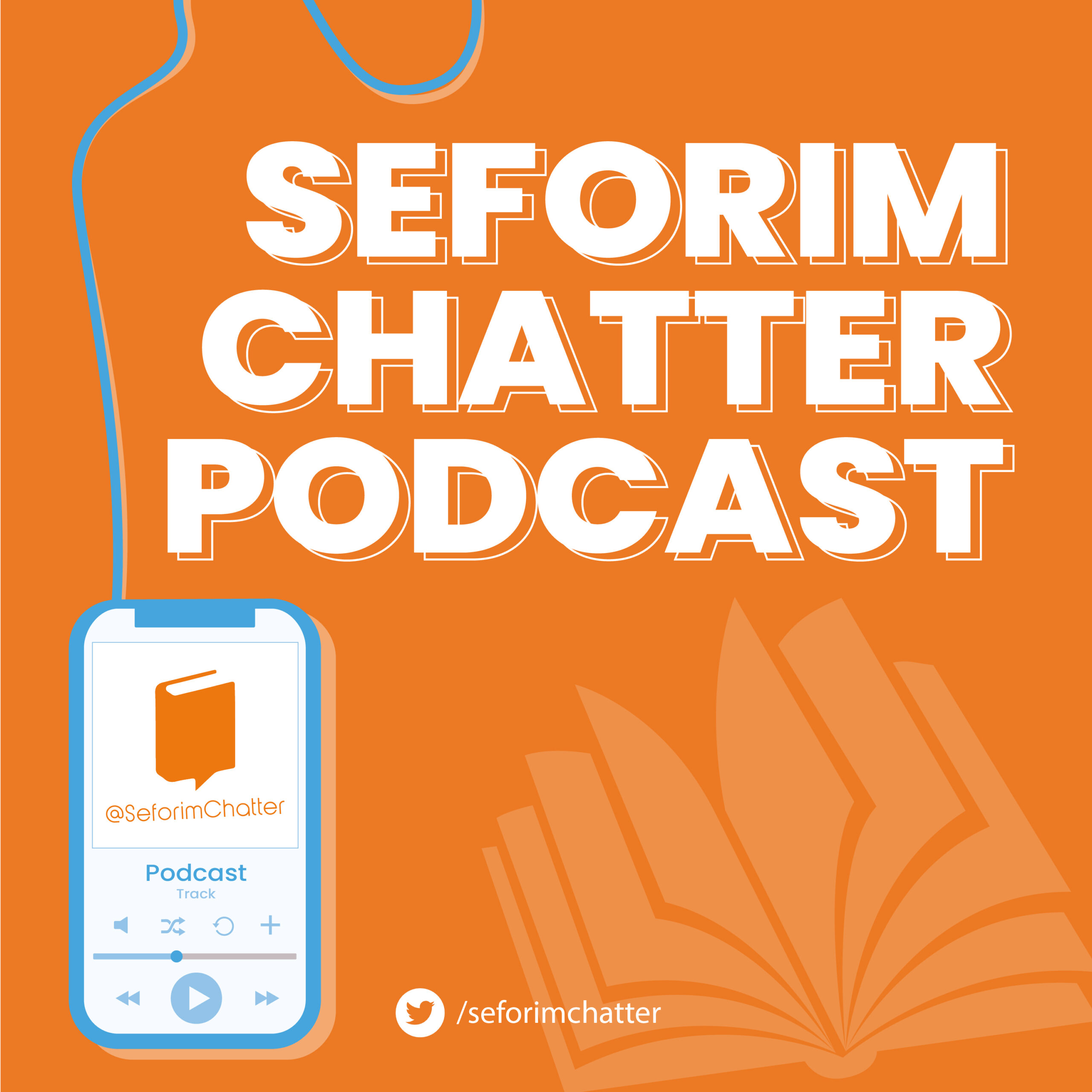174.
With Prof. Edward Fram discussing the codification of Jewish law in the 16th century and Rav Yosef Karo, Rav Shlomo Luria (Maharshal), and Rav Moshe Isserles (Rema).
We discussed why he wrote the book, the bio of Rav Yosef Karo and his style of psak, Bio of Mahrashal and hbs style of psak, Bio of Rema and his style of psak, chumra, minhag, printing history of each of their seforim, and much more.
To purchase “The Codification of Jewish Law on the Cusp of Modernity “: https://amzn.to/3UPvZlM






3 Responses
What the professor mentions regarding the term “והכי נהוג” when used by the Ramah has already been suggested and discussed. See Sdei Chemed K’lalai Haposkim Siman 14 Ois 8 where he points to the Chidah which already quotes it being suggested, and the Sdei Chemed goes on to discuss whether this is true or not based on additional sources.
Fram asserts that R. Y. Karo formed his guiding principle to Pasken like 2 out of the 3 major poskim “in order to save time”, he maintains that although Bet Yosef favored an analysis-based ruling, he took this “very pragmatic approach” of ruling like the majority as a “shortcut”.
Fram’s conjecture that Bet Yosef took a perfunctory approach so he could get his work out, is Fram’s own thesis and this intention is not indicated in Bet Yosef’s introduction. If I may counter, Bet Yosef is a very methodical worker and doesn’t take any shortcuts, he applies analytics every step of the way to dissect and interpret the words of the Rishonim.
I would suggest that Bet Yosef didn’t Pasken based on his own judgment by weighing the pros and cons of each position because he considered himself unworthy of arguing with Rishonim. The opposition against Maharshal is evident that this sentiment was shared amongst Bet Yosef’s peers and that the widely accepted belief of the day was that 16th-century Rabbanim are unfit to argue with Rabbanim from previous generations.
Fram posits that R. Karo isn’t searching for the truth rather he is seeking a quick way to decide the law. Would Fram say the same about the principles that the Talmud uses to decide the law, such as Halacha Krabi Akiva Mechavero, or that the Halacha is like Rav by Issurim? R. Karo may just have a different definition of truth than Fram.
Fram believes that Rema is not “enthralled” with Shulchan Aruch – does that suggest that Rema is insincere when writes in his introduction, “I saw all his [R. Karo] words in Shulchan Aruch as if it were given from the mouth of Moshe from the mouth of the Almighty”, or what he writes in Shut Rema (Siman 48), “whoever argues on him [R. Karo] is like arguing with the Shechina”.
Fram maintains that Rema isn’t pleased with the character of Shulchan Aruch, does Fram mean the structure of Shulchan Aruch? but that wasn’t R. Karo’s invention, Shulchan Aruch was modeled after the Tur.
#printing